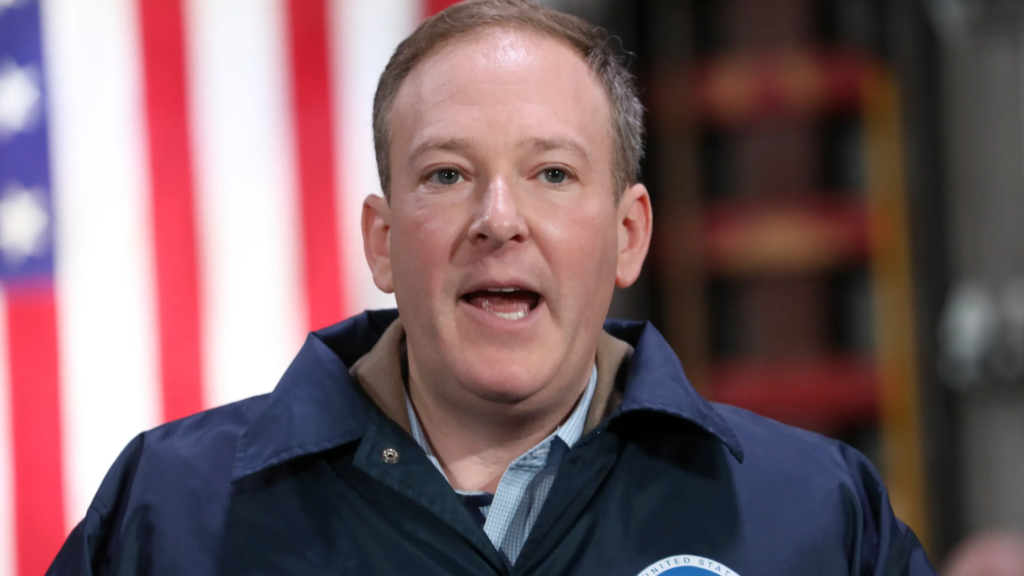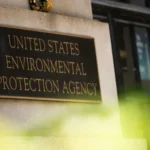- $19B in projected industry savings over 20 years from repealing emissions regulations.
- GHG standards under Clean Air Act face repeal, as EPA argues power plant emissions don’t meet the legal threshold for “dangerous pollution.”
- Legal and political backlash grows, with critics warning of harm to public health and climate objectives.
The U.S. Environmental Protection Agency (EPA) has proposed eliminating greenhouse gas (GHG) emissions standards for fossil fuel-fired power plants, marking a sharp reversal of the Biden administration’s climate-focused energy policies. The agency contends that the emissions in question do not meet the statutory threshold for “dangerous air pollution” and that previous regulations impose outsized costs on the power sector.
“These Biden-era regulations have imposed massive costs on coal-, oil-, and gas-fired power plants, raising the cost of living for American families, imperiling the reliability of our electric grid, and limiting American energy prosperity,” the EPA stated.
The proposal would roll back both the Obama-era Clean Power Plan and Biden-era emissions standards, including 2024 rules requiring carbon capture and stricter mercury and particulate matter limits under the Mercury and Air Toxics Standards (MATS).
“Affordable, reliable electricity is key to the American dream and a natural byproduct of national energy dominance,” said EPA Administrator Lee Zeldin.
“Together, these rules have been criticized as being designed to regulate coal, oil, and gas out of existence.”

According to EPA estimates, power plant GHG regulations have burdened the industry with $1.2 billion in annual compliance costs—savings the agency now seeks to unlock by eliminating the standards.
The Supreme Court’s 2022 decision in West Virginia v. EPA serves as the legal foundation for this move. The Court found that the EPA had overstepped its authority under the Clean Air Act by seeking to shift the country’s energy mix away from fossil fuels.
“According to many, the primary purpose of these Biden-Harris administration regulations was to destroy industries that didn’t align with their narrow-minded climate change zealotry,” Zeldin added during the announcement alongside Republican lawmakers and Navajo Nation President Buu Nygren.
Opponents argue the rollback undermines public health and long-term climate resilience.
“These regressive proposals are bad for public health and bad for climate, all to prop up some of the highest polluting power plants in the nation,” said Shaun Goho, Legal Director at the Clean Air Task Force.
“The science is clear: if EPA is successful in its repeal of these regulations, the American people will suffer the consequences.”
The EPA’s rationale centers on the global nature of GHG emissions, asserting that domestic power plant emissions cannot be clearly linked to local or regional health risks. Therefore, the agency claims it lacks statutory grounds to regulate these emissions under Section 111 of the Clean Air Act.
If finalized, the repeal would reshape the regulatory landscape for energy generation in the U.S., reinforcing fossil fuel reliance while potentially undermining efforts to meet national and international climate goals.
Follow ESG News on LinkedIn
The post EPA Moves to Repeal Power Plant GHG Standards appeared first on ESG News.
